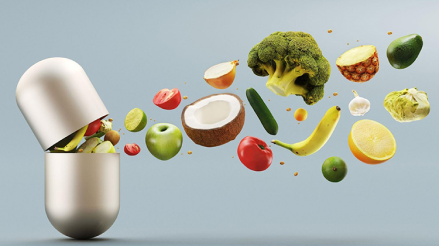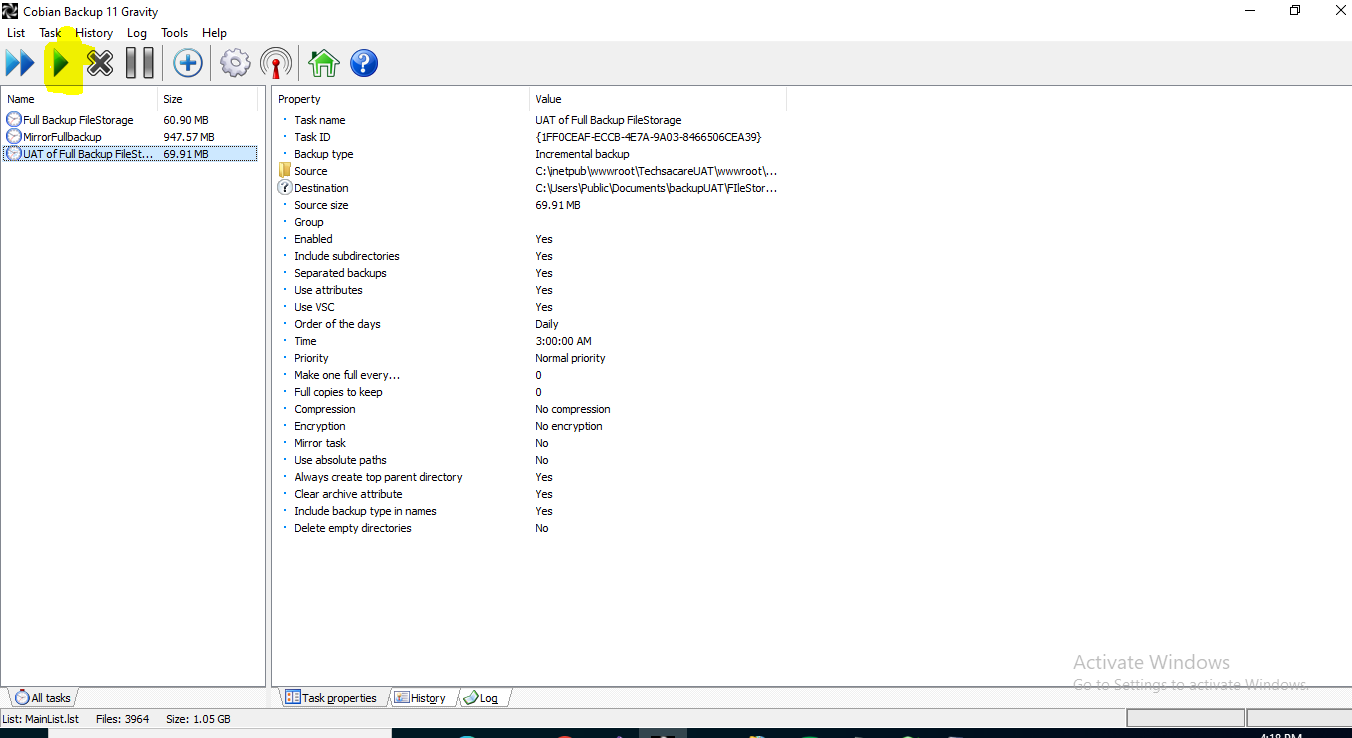You may also like…
WHICH FOODS TO AVOID DURING PREGNANCY?
- Make sure that the eggs are fully cooked and not semi liquid in any part, this prevents salmonella food poisoning. Throw away cracked or dirty eggs and avoid foods that have raw eggs like mayonnaise.
What is Salmonella? is a genus of bacteria that is responsible for causing a common foodborne illness called salmonellosis.When a person consumes food or water contaminated with Salmonella, they can become infected. The bacteria then colonize the intestines, leading to symptoms such as diarrhea, abdominal pain, fever, and sometimes vomiting.
- Thoroughly cook all meat and poultry so there is no trace of pink or red blood. Toxoplasmosis is found in cat feces, untreated water and undercooked meat.
What is Toxoplasmosis? is a parasitic infection caused by the protozoan parasite Toxoplasma gondii. The infection can be severe and pose a significant risk to pregnant women and individuals with weakened immune systems, such as those with HIV/AIDS or undergoing organ transplantation.
- Whenever handling raw meat, thoroughly clean your hands after touching kitchen surfaces, this helps to prevent spread Salmonella, Campylobacter and E coli food poisoning.
What is Campylobacter? is a type of bacteria that can cause an infection called campylobacteriosis. It is one of the most common bacterial causes of diarrheal illness worldwide. The bacteria primarily affect the gastrointestinal tract, causing symptoms such as diarrhea (which is often bloody), abdominal pain, fever, nausea, and vomiting.
What is Escherichia coli? often referred to as E. coli, is a type of bacteria that naturally resides in the intestines of humans and animals. E. coli can cause gastrointestinal illness, including diarrhea, abdominal pain, and sometimes severe complications like hemolytic uremic syndrome.
- Avoid foods such as liver products as these contain high amount of vitamin A, these can be harmful for your baby.
- Avoid fish with a high content of mercury such as shark, broadbill, marlin and swordfish, catfish and orange roughy. Instead eat fish with high content of omega 3 fatty acids.
- Pre-packages salads such as pre-prepared fruits and vegetable salads from buffet bars and salad bars have a high risk of contamination.
- Dont eat refrigerated seafood such as raw oysters, sashimi, sushi and ready to eat seafood and cooked ready to eat prawns. These foods have a high risk of being contaminated with listeria.
What is Listeria? Listeria refers to the bacterium Listeria monocytogenes, which can cause a serious foodborne infection called listeriosis. Listeriosis primarily affects individuals with weakened immune systems, pregnant women, newborns, and the elderly. The symptoms of listeriosis can vary but often include fever, muscle aches, nausea, diarrhea, and can progress to a more severe form with symptoms like stiff neck, confusion, and convulsions.
- Avoid cold meats such as salami and peperoni and packaged ready to eat meats should all be avoided.
- If you want to drink milk, stick to pasteurized or ultra-heated milk. Avoid unpasteurized milk and if that is the only option you have, boil it first. avoid unpasteurized goat's or sheep's milk or their by-products such as soft goat's cheese. In, addition avoid soft serve ice creams while you're pregnant as they have a very high risk of being contaminated with listeria.
- Intake of caffeine in high amounts can increase the risk of getting a miscarriage, low birth weight babies, and experiencing a difficult delivery. Limit caffeine intake to not more than 200 mg/day. Caffeine is found in:
- 60 mg in a cup of instant coffee
- 100 mg in a shot of espresso coffee
- 80 mg in a cup of plunger coffee
- 30 mg in a cup of tea
- 49 mg in a 375 ml can of cola
- 80 mg in a 250 ml can of energy drink
- 20 mg in a 100 g bar of milk chocolate







